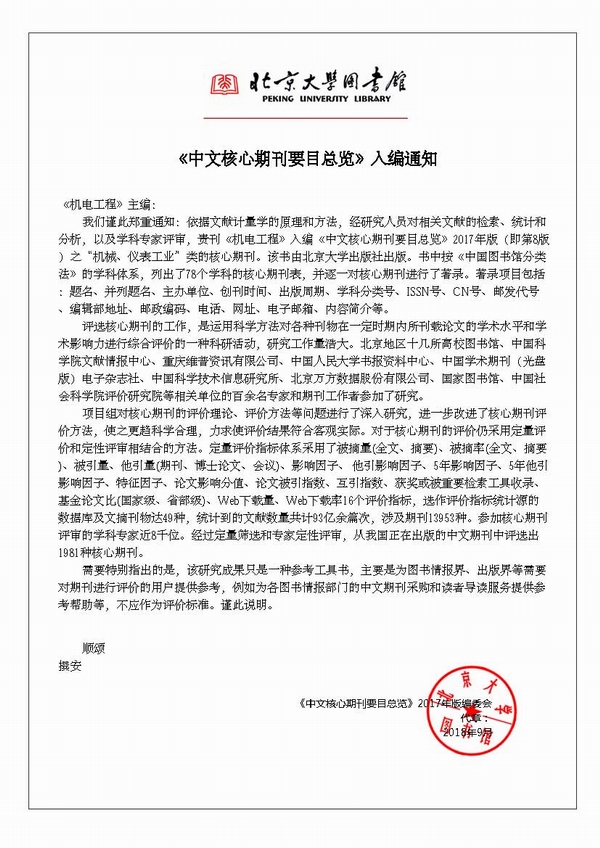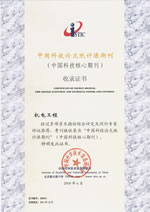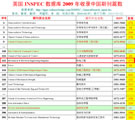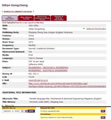
Founded in 1971 >
Chinese Sci-tech Core Periodicals >
British Science Abstracts (SA, INSPEC) Indexed Journals >
United States, Cambridge Scientific Abstract: Technology (CSA: T) Indexed Journals >
United States, Ulrich's Periodicals Directory(UPD)Indexed Journals >
United States, Cambridge Scientific Abstract: Natural Science (CSA: NS) Indexed Journals >
Poland ,Index of Copernicus(IC) Indexed Journals >
International Standard Serial Number:
ISSN 1001-4551
Sponsor:
Zhejiang University;
Zhejiang Machinery and Electrical Group
Edited by:
Editorial of Journal of Mechanical & Electrical Engineering
Chief Editor:
ZHAO Qun
Vice Chief Editor:
TANG ren-zhong,
LUO Xiang-yang
Tel:
86-571-87041360,87239525
Fax:
86-571-87239571
Add:
No.9 Gaoguannong,Daxue Road,Hangzhou,China
P.C:
310009
E-mail:
meem_contribute@163.com
Research on adaptive friction compensation based on modified Dahl model
LIU Na, MEI Zhi-qian, LI Xiang-guo, WANG Rui-juan
(College of Mechanical & Electrical Engineering, Hohai Univeisity, Changzhou 213022, China)
Abstract: Aiming at the problems of stick-slip motion,tracking error and limit cycle oscillation and so on,which were caused by the friction phenomenon generally existing in servo control system,the Dahl friction model and the LuGre friction model commonly used in servo system were analyzed and compared,to discuss a modified Dahl model which could improve the stability of the friction link and describe stick-slip motion. Then based on the method of the Lyapunov stability analysis,an algorithm of adaptive friction compensation based on modified Dahl model was designed,and adaptive friction compensation and PD control compensation of servo system with friction disturbance were simulated and tested. The results of simulation and experiment indicate that modified Dahl adaptive compensation can be better to weaken the disturbance of friction in system low velocities running,improve the precision of orientation and positioning of systems,and increase system stability than PD control compensation.
Key words: modified Dahl model; adaptive friction compensation; friction model








